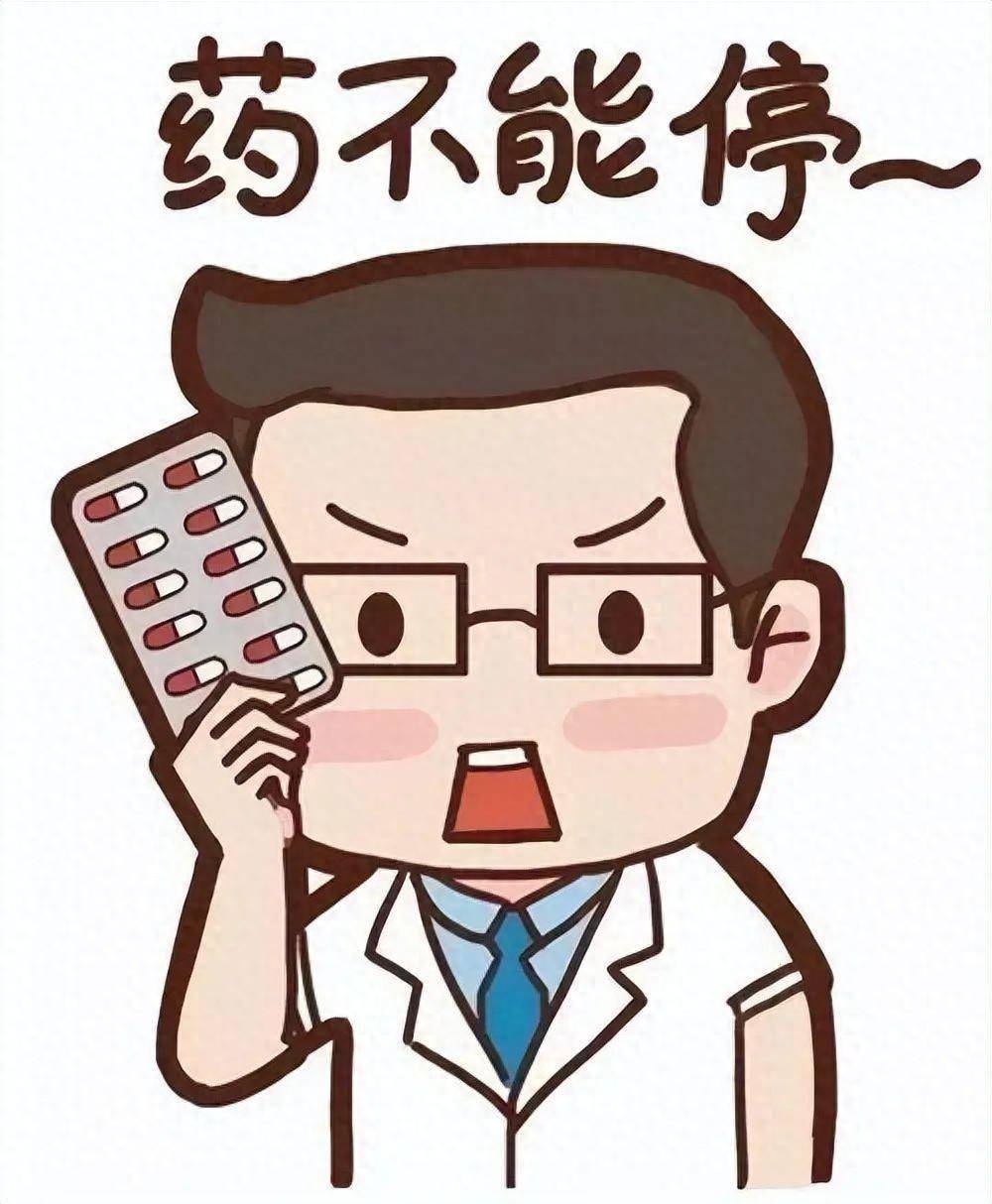Have you taken your medication on time today?
I believe many patients are very familiar with this sentence. Every time the doctor has to remind and instruct, fearing that some bold patients may forget to take their medication.
Many people do not know that even if the symptoms of the disease have disappeared, medication should not be stopped without authorization. The recurrence of the condition is no joking matter and can make the patients fall back into endless suffering.
Xiao Wang didn’t know this, which gave schizophrenia a chance to make a comeback.
As early as 2 years ago, Xiao Wang felt bullied by classmates, “hearing” them whispering behind his back, “seeing” them gossiping about him, “feeling” that they had installed surveillance on him, every move of his exposed to the classmates’ eyes.
But when he told the teacher, the teacher patiently observed and found that there was no such thing at all. Later, after contacting his parents, he was taken to the hospital. He followed the doctor’s advice, took antipsychotic medication, his condition stabilized, enabling him to study normally, so he went home for further observation.
Later, Xiao Wang found noticeable symptoms of dizziness, drowsiness, and weight gain after taking this type of medication. He thought, “Since I am better now, I don’t need to take this medicine anymore,” and stopped the medication on his own. Not even three months later, the symptoms recurred, and he had to go to the hospital for treatment again.
Only patients who have experienced it know that this type of medication is almost “for life,” many doctors will tell you, “There is hope to stop medication.” But what patients want to know more is “how hopeful it is, how long they need to keep taking it, can they really stop medication?”
We need to understand one thing: what is drug addiction.
Long-term medication will make patients psychologically and physically dependent on the medication. After taking the medication each time, the patient feels relaxed mentally and gets rest physically. Over time, the patient will actively “seek medication” to make their body comfortable.
Moreover, because the body develops a tolerance to the medication, the patient may initially suppress symptoms with one pill, but after several years of treatment, they may need a bunch of medications combined, similar to eating candy.
In fact, the vast majority of patients do not need to worry about this issue. Most patients exhibit reactions where the body resists the medication, such as significant weight gain, nausea, vomiting, dizziness, and more. Therefore, I suggest these patients try a combination of traditional Chinese and Western medicine therapy. If they can use medication according to the principles of traditional Chinese medicine, they can eliminate the side effects of taking medication.
Furthermore, some patients may experience withdrawal reactions after stopping medication, such as patients with depression may experience palpitations, tremors, insomnia, drowsiness, while schizophrenic patients may exhibit excitement, irritability, anxiety, and depression. Withdrawal reactions are inevitable but not overly concerning; over time, these reactions will gradually disappear. However, if traditional Chinese medicine treatment can be used, it can allow patients to experience a gentler withdrawal process.
The power of traditional Chinese medicine is much stronger than you think. If you find the withdrawal reactions unbearable, be sure to seek help from a professional doctor immediately.


